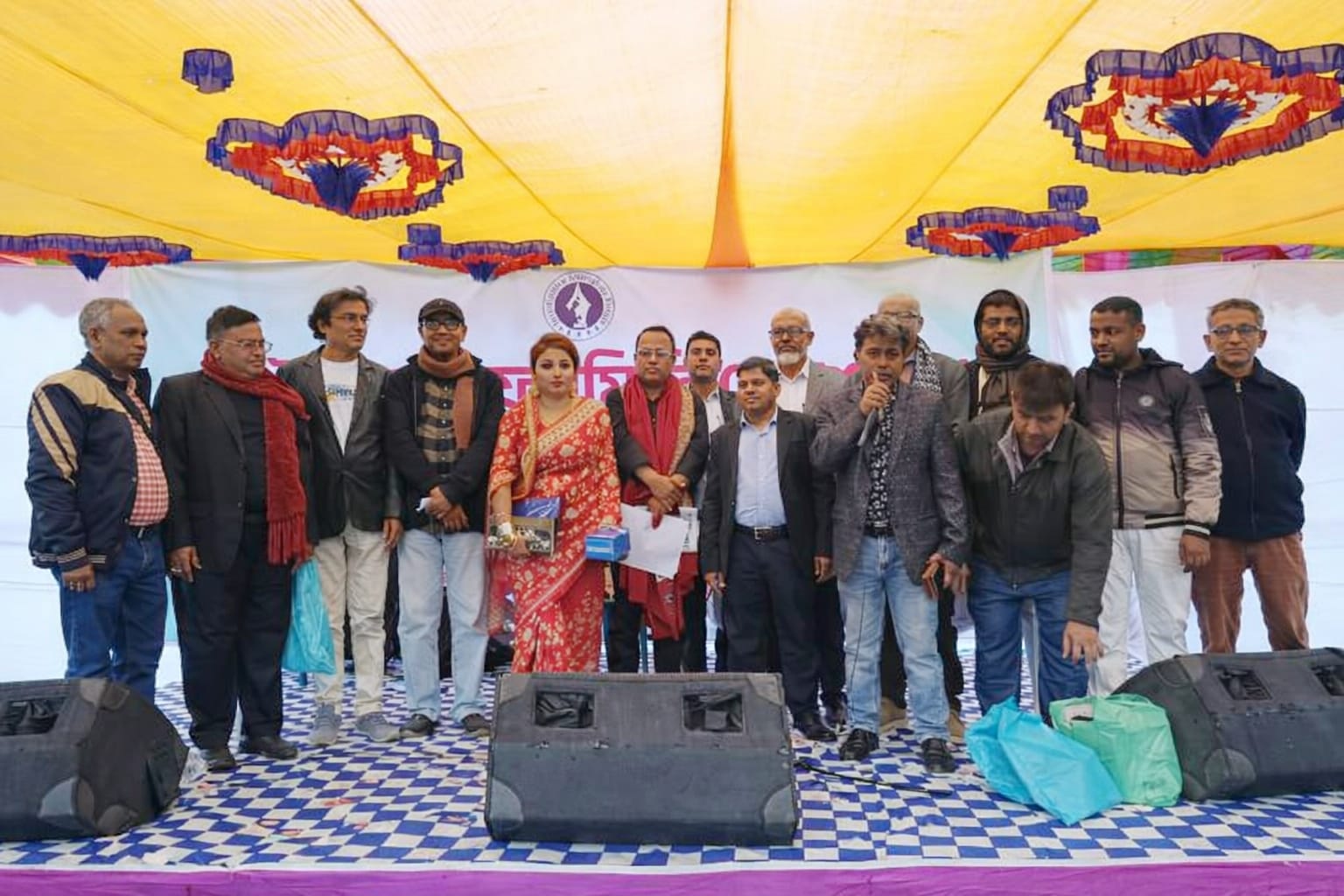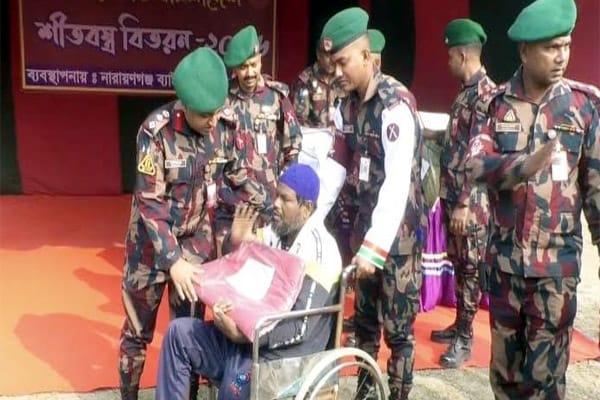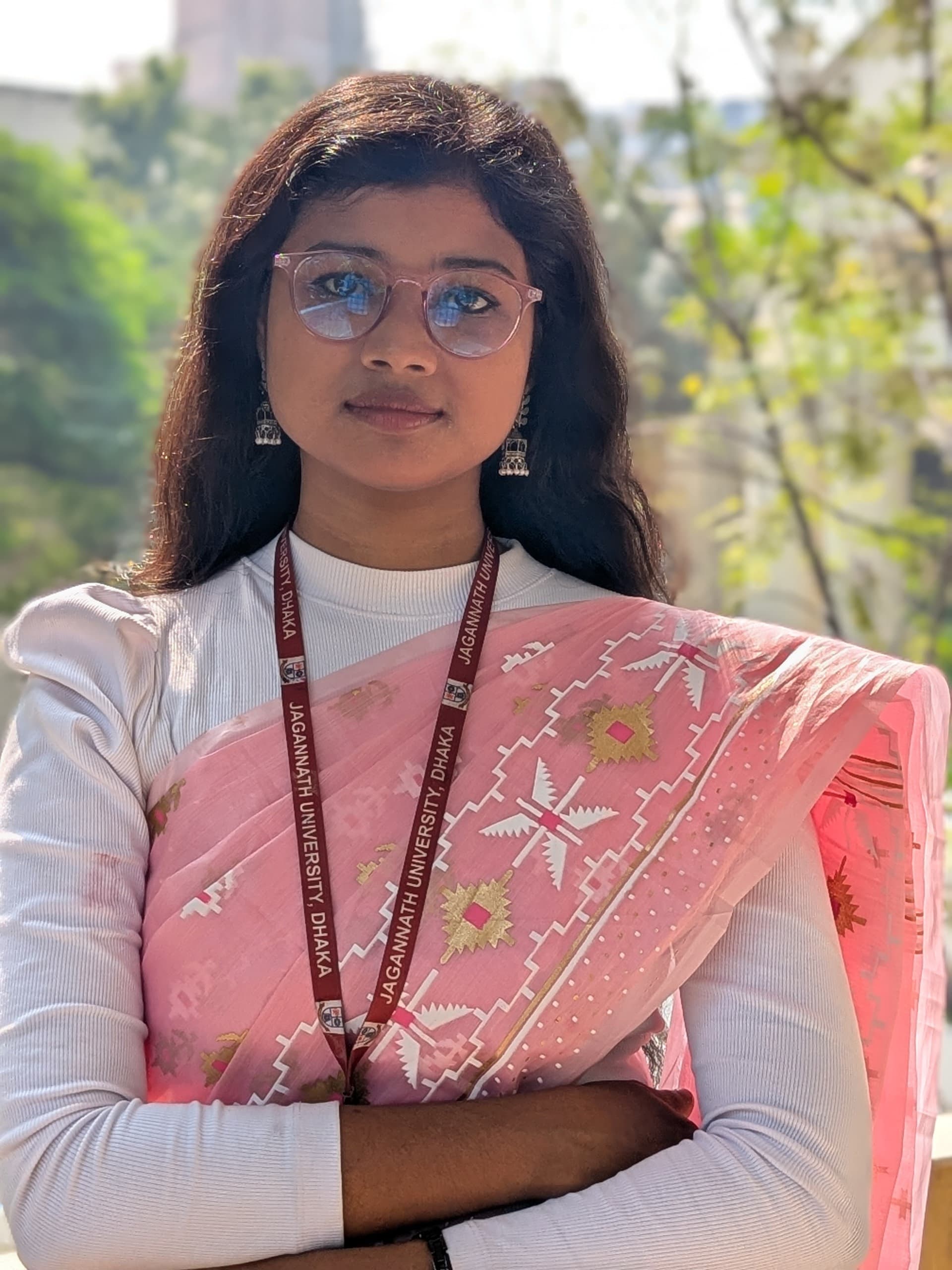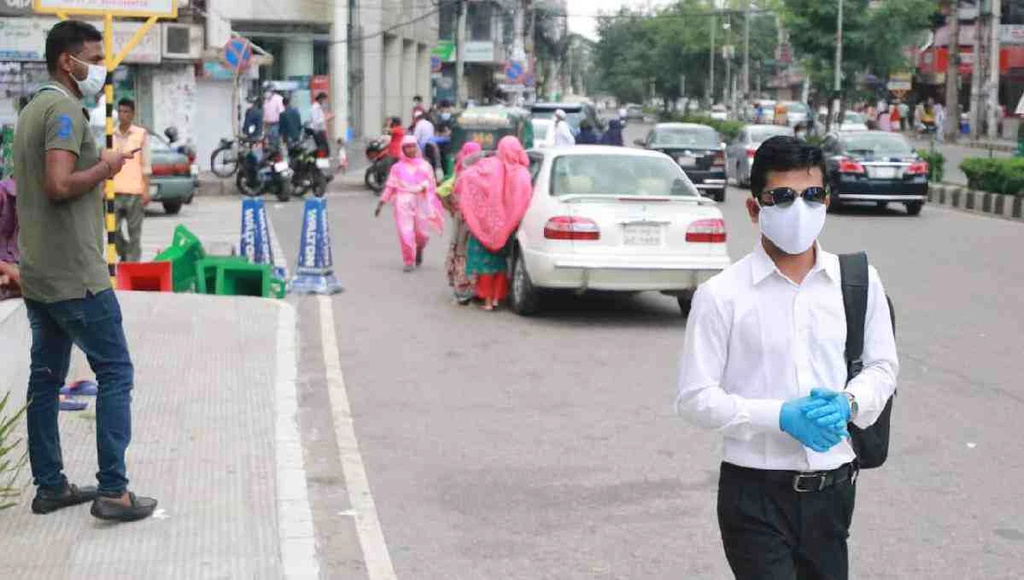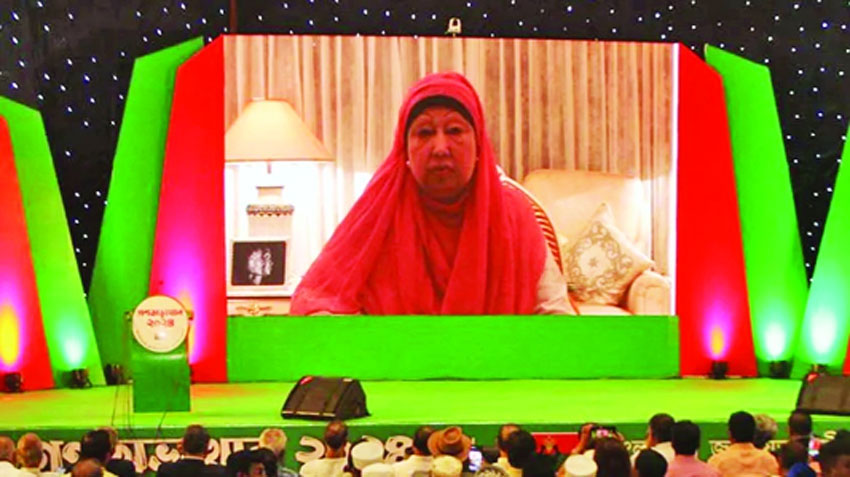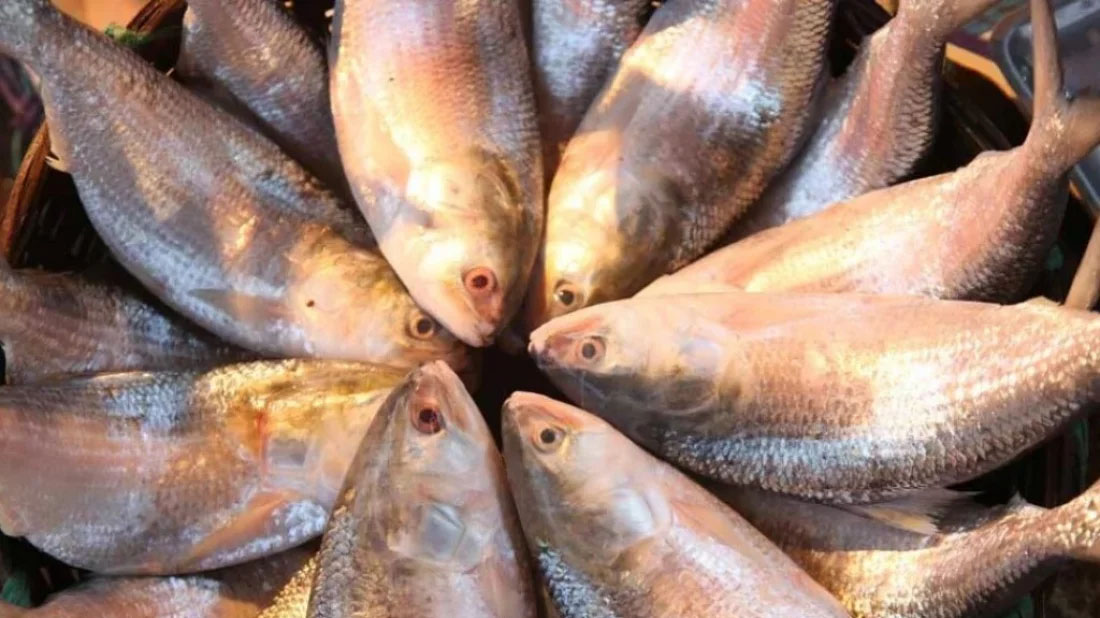- 2022-03-10 00:03:03
- LAST MODIFIED: 2026-02-20 03:25:56
40% of Asia-Pacific population cannot afford healthy diet
Citizentimes Online Desk
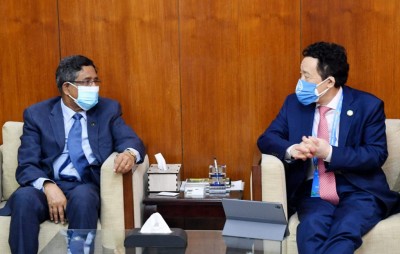
FAO Director General QU Dongyu meeting Agriculture Minister Dr Muhammad Abdur Razzaque in Dhaka on Wednesday on the sideline of a 4-day FAO Regional Conference for Asia and the Pacific Courtesy
About 40% of the population living in Asia and the Pacific cannot afford a healthy diet, and in some areas, the fight against hunger has seen reversals rather than advances during the Covid-19 pandemic.
In the run-up to a four-day FAO Regional Conference for Asia and the Pacific (APRC) that Dhaka is now hosting for the first time in a hybrid model, the Director-General of the United Nations Food and Agriculture Organization (FAO), Qu Dongyu, wrote in a newspaper article: “Progress toward meeting the Sustainable Development Goals (SDGs) of defeating both poverty (SDG 1) and hunger (SDG 2) has been thrown off track amid the Covid-19 pandemic, which has devastated both lives and livelihoods.”
“The current nutrition situation in Asia and the Pacific is difficult in many areas across the region,” he said. Thankfully, while talking to Bangladesh’s agriculture minister Dr. Muhammad Abdur Razzaque yesterday in Dhaka, on the sideline of the 36th APRC, the FAO DG assured him of providing investments and support so that Bangladesh as a key agrarian economy can absorb future food price shocks and transform its agriculture from subsistence-level to commercial-level.
The conference, which began at a Dhaka hotel on March 8 with participants from all Asia-Pacific countries joining either physically or virtually, will formally be inaugurated by Bangladesh Prime Minister Sheikh Hasina on Wednesday morning. Now on a tour of the United Arab Emirates, the prime minister will open the Dhaka conference virtually.
Qu Dongyu-Razzaque Meeting
During his meeting with the agriculture minister, the FAO DG said the UN specialized organization would organize an investment conference in October this year. He assured the minister of providing Bangladesh with investment support from different development partners during the October conference.
During their meeting at the Bangladesh Secretariat, Qu Dongyu said he hoped the Bangladesh prime minister would be able to attend the October conference. Dr Razzaque sought FAO support as Bangladesh had been trying its best to advance its agricultural development in the stress conditions of hilly and saline prone zones too.
Agricultural transformation is key for greater resilience
During the two-day officials-level and experts-level deliberations on March 8 and 9, the conference participants attached most importance to agricultural transformation and innovation so that countries in the Asia-Pacific region could develop greater resilience.
Bangladesh’s delegates spoke of the country’s agriculture showing resilience in the face of the Covid-19 pandemic but then again, the brewing war in the Russia-Ukraine region is having its impact on global food prices.
A private sector representative, Dr. F H Ansarey, emphasized the release of farmland, too much of which (70% of the country’s total cropland) has been occupied by rice, for other crops to grow. Otherwise, import dependency on other crops would not lessen.
Agriculture Ministry additional secretary Abdur Rouf Talukder spoke of Bangladesh’s plan to gradually shift to a commercial agriculture system from the current subsistence level agriculture. All the discussant's attached importance to greater farm sector investment – both from the public and private sectors – particularly in research and development.
In another session, FAO officials, as well as delegates from Thailand and Vietnam, emphasized the need for proper sharing of transboundary water as they foresaw future scarcity of pollution-free clean water resources, which are key for farm production.
For Bangladesh, a lower riparian country that shares many common water resources with its upper riparian neighbor India, ensuring just shares from common rivers is crucial for its future food security.
Advancing the application of innovation, science, and digitization to help an agree-food systems transformation in the world’s biggest and hungriest region is among the main points for consideration.
“This APRC is unique. It is the first time FAO has convened a regional conference in Asia and the Pacific in a hybrid model. I am hopeful that also sends a signal that, while Covid-19 is still with us and around us, we are slowly emerging from its grip,” Jong-Jin Kim, FAO Assistant-Director General, and Regional Representative, said during the opening session. “We now see light at the end of the tunnel, with an eventual return to a more traditional meeting and working environment,” he added.

